Dhaka, September 02 — The Ministry of Education in Bangladesh has announced the reintroduction of departmental divisions—Science, Humanities, and Commerce—in secondary education, starting from Class IX. This change marks a return to the 2012 National Curriculum standards, discontinuing the recent curriculum updates.
According to a circular issued by the Ministry of Education on Sunday, students entering Class IX next year (2025) will follow a curriculum divided into Science, Humanities, and Commerce. The decision aims to address several challenges identified with the National Curriculum-2022, including teacher preparedness, textbook content clarity, and assessment methods.
Key Changes to the Curriculum
1. Curriculum Revision :
- Students who will pass Class IX in 2025 will use revised textbooks based on the National Curriculum-2012, which were previously used in the academic year 2023. These students will sit for the SSC and equivalent examinations in 2027 after completing a two-year syllabus in Classes IX and X.
2. Current Class IX Students:
- Students currently in Class IX will progress to Class X in January 2025. They will prepare for the SSC and equivalent examinations in 2026 using revised textbooks from the 2012 curriculum. A shortened syllabus will be provided to allow these students to complete their studies within one academic year.
3. Assessment and Textbook Adjustments :
- The existing textbooks for Classes VI, VII, VIII, and IX will continue to be used throughout 2024, with revised editions to be distributed in 2025.
- The assessment system for these classes will also be updated and a revised outline will be provided to schools by the end of 2024.
- The revised curriculum, finalized in 2025 with input from education experts and stakeholders, will be fully implemented from 2026.
The decision to revert to the 2012 curriculum comes after feedback from educators, research, and surveys indicated significant issues with the National Curriculum-2022. These included inadequate teacher preparation, unclear content, ineffective assessment methods, and insufficient institutional capacity, rendering the new curriculum impractical.
The revised curriculum will be developed in collaboration with educationists, curriculum and assessment experts, subject matter experts, education administrators, civil society representatives, and parents. The Ministry of Education aims to ensure a smooth transition back to the previous standards while enhancing educational quality and effectiveness.
The updated curriculum and assessment methods are expected to provide a more structured and traditional approach to secondary education, potentially improving overall student preparedness and outcomes in national examinations.



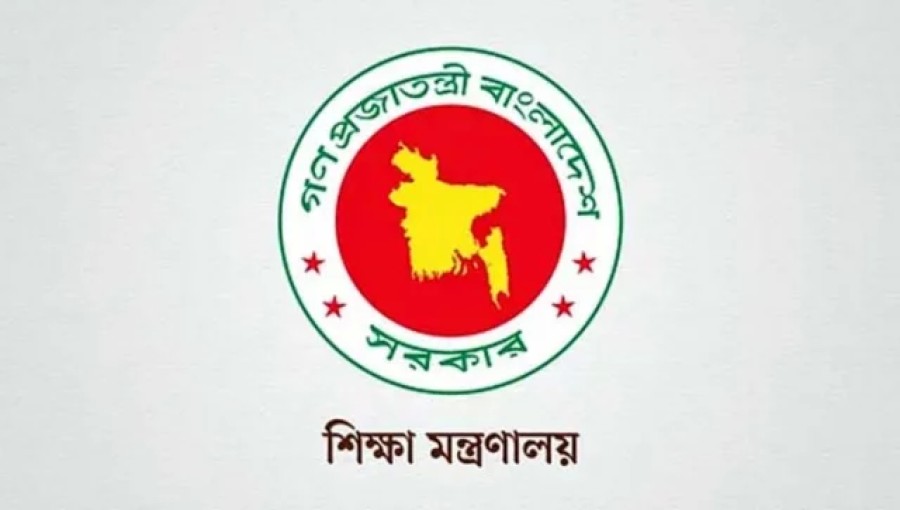

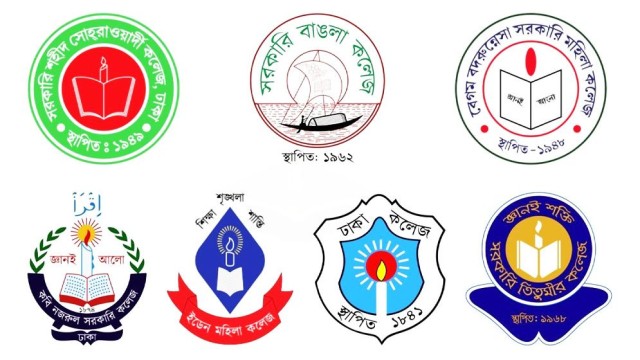
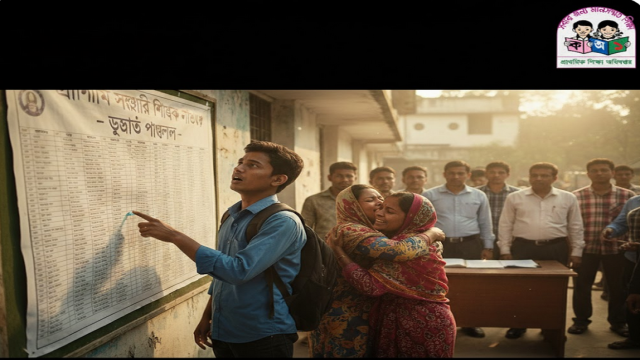

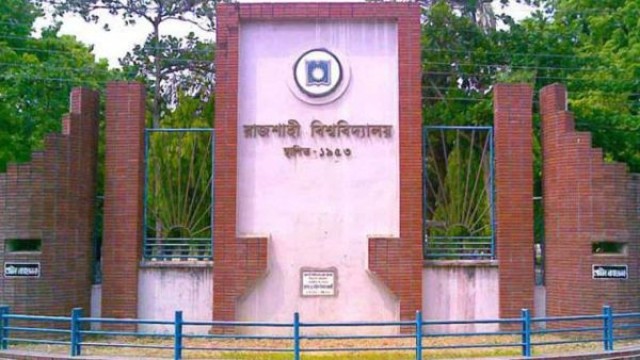
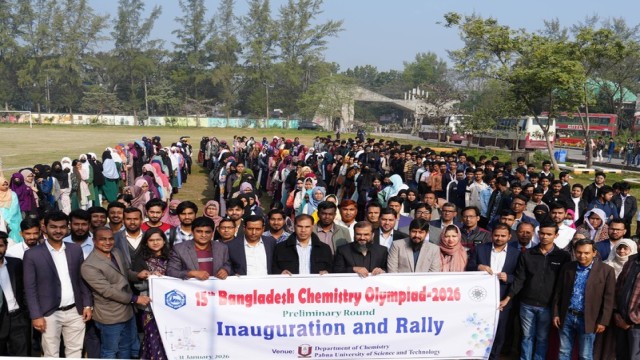






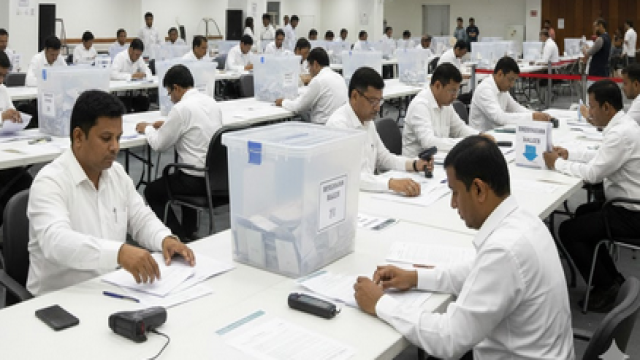


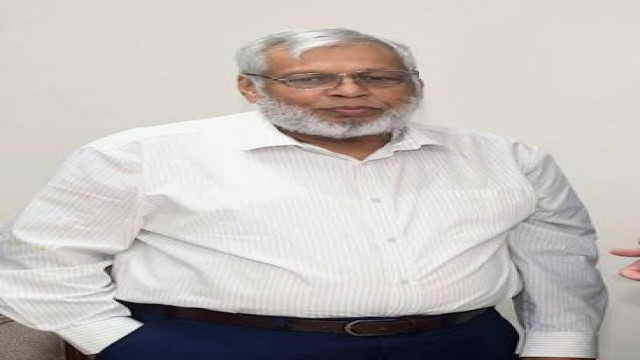











Comment: